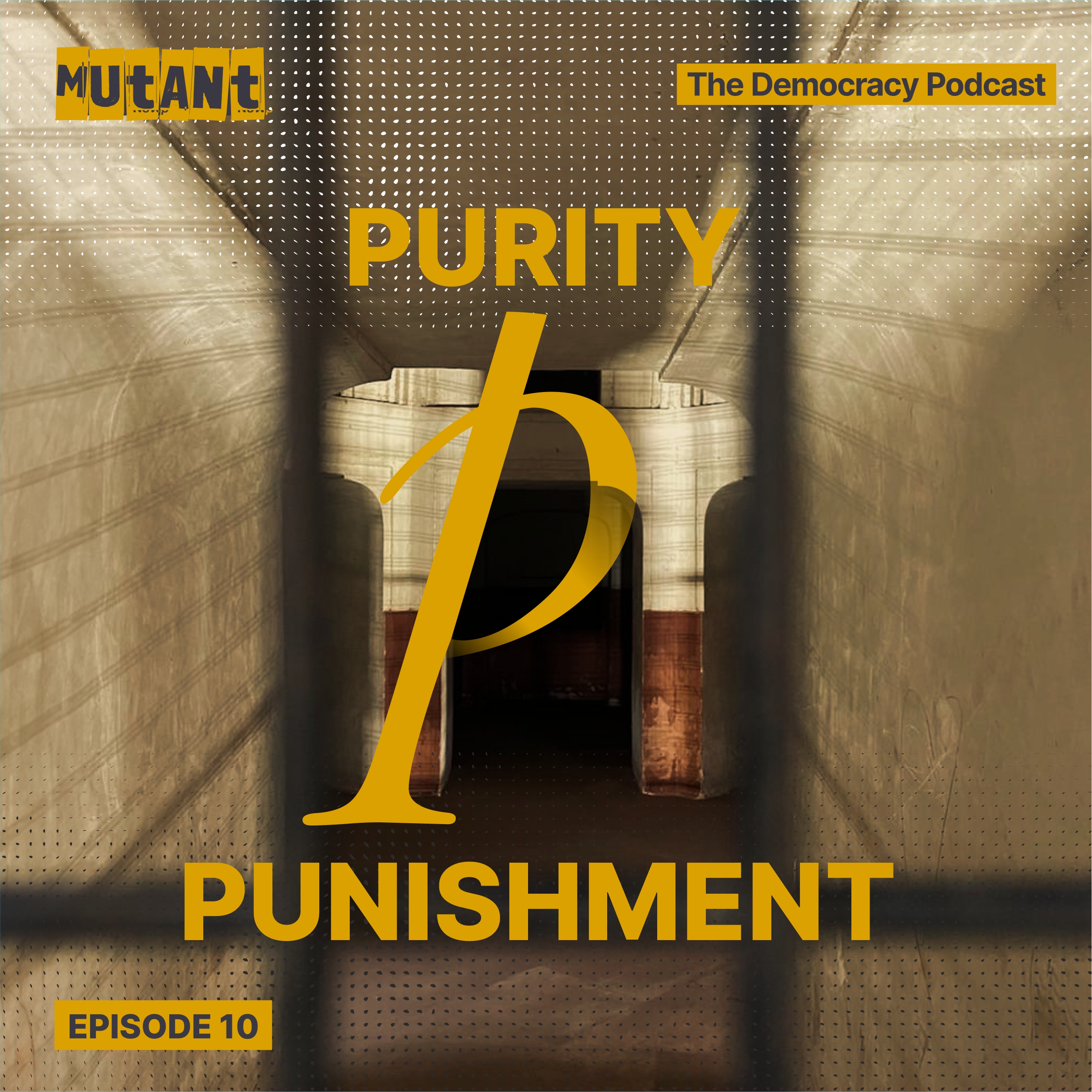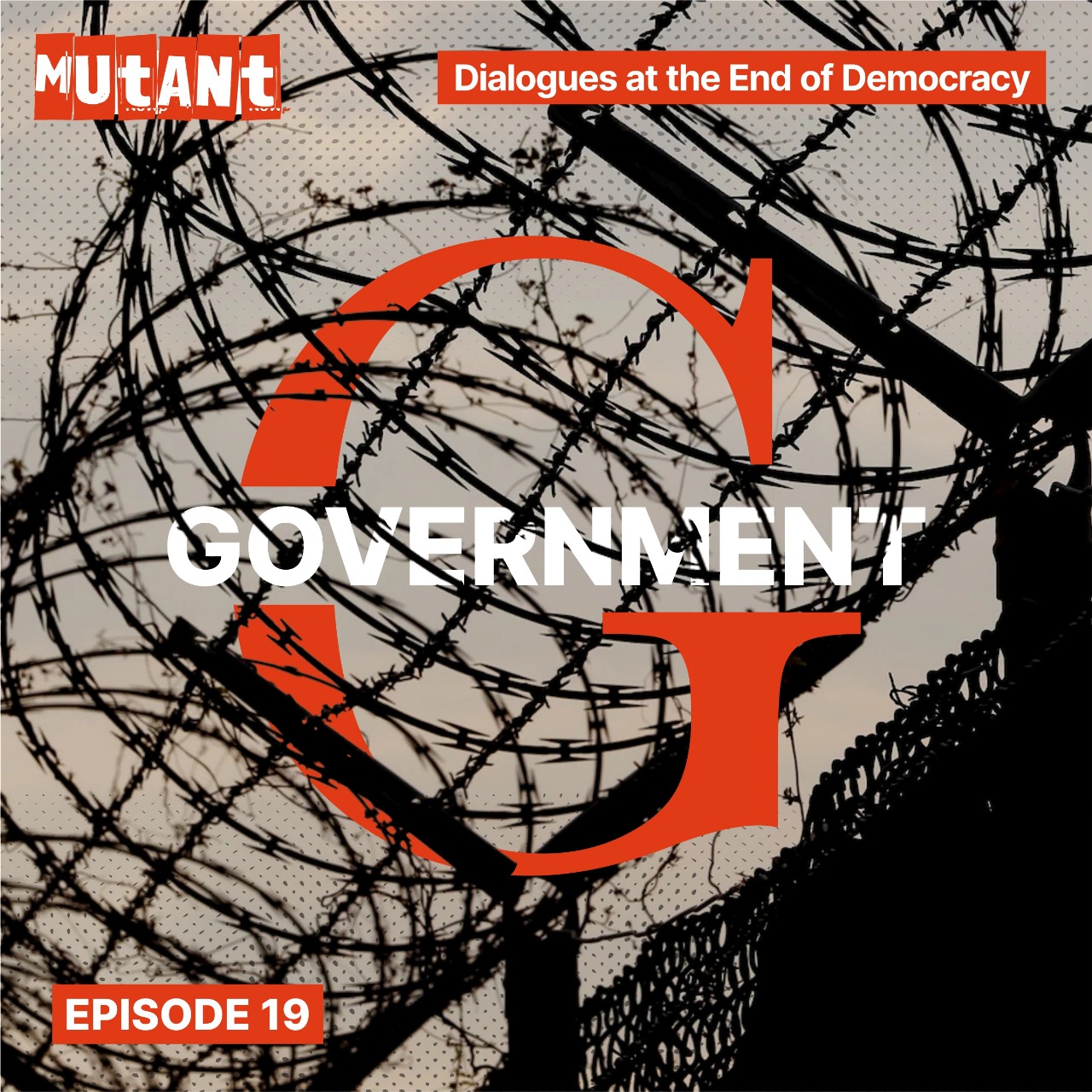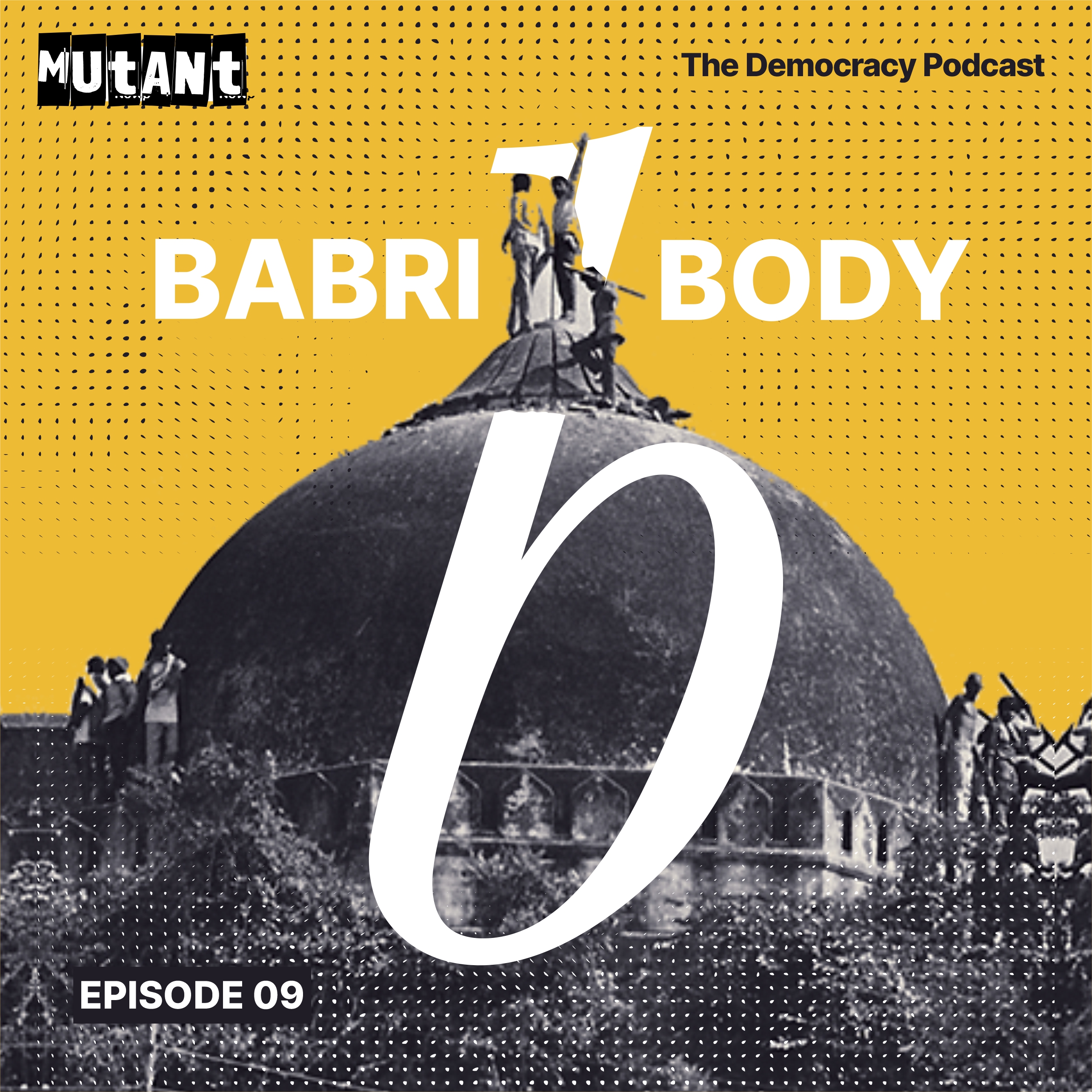Has America given up its “pursuit of happiness”? Why do we ask so many questions? "How does it feel to be a problem?" Du Bois asks in a searing passage of his 1903 masterwork The Souls of Black Folk. Of all the openings that Civil Rights political thought makes in modern democratic rhetoric, perhaps the most powerful and overlooked one is its use of the question (and the pause).
What if the question carries in itself not simply a moral demand but a right to logic? A systematic rethinking of the relation between truth and method not from the center of racial power but instead from the outskirts of our institutional and moral universe? We probe the implications of this question about the Question in this special episode of Mutant, anchoring our archaeology in the immortal urgency of Martin Luther King Jr.’s 1967 question, Where Do We Go From Here?
“In King, the question belongs at once to the order of epistemology and of faith,” says @realaishwarykumar. "The question is that which tests the depths of our self-knowledge. That is, our awareness not merely of what we are—which lies at the foundation of ontology and its extreme nationalism—but instead of what we have become.”
To think about the "question" as this primal site of democratic faith and risk, following King, @jbouie, who has been called “one of the defining commentators on politics and race of the Trump era” by Columbia Journalism Review, joins @realaishwarykumar live in our studio in Los Angeles for this episode of Mutant.
“In the noise of all the platitudes about that unforgettable moral arc of which MLK speaks, it is ironically forgotten that King remained acutely aware of how easy it was for America to pivot from its promise of community into a state of brazen and violent chaos,” Aishwary points out. “King never forgets that this moral choice between community and chaos is a matter not of consecrating but instead questioning the foundations of America’s promise of equality (including equality under law). There is nothing intrinsically just about America’s moral arc unless we, by force, bend it towards justice.” Bending, indeed force, is key to this immovability of the question about our future, Aishwary reminds us.
For King, only the question can tear open the fissures of American life and lighten the hills we must climb (or the abyss we must stare at).
In the Black political tradition, Jamelle lays out, the question has always been an insurgent mode of expressing this sense of the future. “Black Americans have long acted as a counterpublic, posing questions to the larger public.” The question “who belongs?”, for instance, is not merely civic, it is ontological, he argues. It exposes the very terms on which life and citizenship are distributed. And it is a disjuncture dug deep into the history of American consciousness, at least since the time Frederick Douglass first asked, "What to the Slave is the Fourth of July?" And then there is BR Ambedkar, who would ask a century later about the undercaste, "Who were the Shudras?"
What becomes, then, of the question as a mode of spiritual thought in our present? “Neither a rhetorical gesture nor a civic prompt, neither a function of restlessness nor of uncertainty, the question in our time returns—with catastrophic force—along the four militant threads that King had started to weave in the 1960s: political, epistemic, moral, and juridical (or punitive),” Aishwary proposes. “Only through the combination of logic and faith might we be able to reclaim, following King, a certain kind of transcendence, a sacrificial power that we all have and that America must rescue.”
King’s question resists hopelessness. But it also rejects the nostalgia obscuring our own exclusions and distrust. To question is to stand at the edge of ruin and still insist on a moral vision. To question is to muster, above all, the courage to not merely name this moment a crisis but to also see in it the consequence of what we have just done.
Jamelle and Aishwary walk us through this haunting moment.
Q | Question #nowstreaming

Nothing frames our thinking at Mutant — the very name we have given this dictionary of concepts — more fundamentally than the human drive...

Watching the scale, speed, and lawless ease with which some of the most storied postwar American institutions have been attacked and dismantled in the...

“There is nothing mere about symbols”, says the writer Ta-Nehisi Coates. And “there is nothing mere about the struggle for architecture, about the strife...